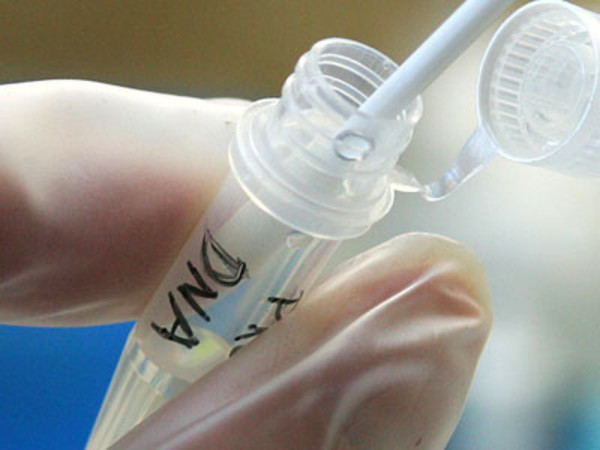Humans share around 99.9% of DNA. The other 0.1% is enough to give us all of the defining characteristics that differentiate us from everyone else, such as eye colour, hair colour, and height. It can also be responsible for making us more vulnerable to certain diseases. In order to analyse a person’s DNA, a DNA test can be carried out. DNA tests are a way of collecting DNA, putting into a form that is readable, and drawing information from the results.

A DNA test can be carried out by using a variety of sources, from blood, to saliva, and even semen. Most commonly, however, a buccal swab is used (this is a swab from the inside of a cheek). This method tends to be the most widely used as it’s quick, easy, painless, and non-invasive.
There are many benefits to DNA testing but, as a rule, they mostly come down to discovering something about an individual’s genealogy or actions. The most common form of voluntary DNA testing is paternity tests. In cases where it there is a question as to who is the father of a child, a DNA test can provide invaluable information and peace of mind. Such tests are extremely reliable. Indeed, they are now so reliable that courts will accept them as evidence as long as the tests are carried out by a suitably accredited company. While less common, in some circumstances, maternity might need to be proved – DNA tests are perfectly capable of doing this as well.
When it comes to finding out about your family, DNA testing can do far more than tell you if someone is a parent or not. Paternal lineage (Y-STR) testing and maternal lineage (mtDNA) testing allow you to see where your paternal or maternal ancestry came from. Such tests give people a much greater sense of who they are and where they come from. People who think they must be 100% English or European are often surprised to find out that they have ancestors that travelled from thousands of miles away.
While such tests are fascinating, there’s no doubt that testing for susceptibly to diseases can be a much more beneficial aspect of DNA testing. Finding out what you are most at risk of makes you better equipped to face it. It can even help you to take active steps to prevent it (for example, if you were at risk from diabetes you could cut down on sugary foods and exercise more) as well as making you more aware of the warning signs so that you can get treatment as soon as possible should the disease develop. DNA testing can also be used by couples going through IVF treatment. During the process they can use a DNA test to help doctors select embryos which are free from genetic disorders.
One final benefit of DNA testing is in criminal investigation. Even a single hair contains DNA that could help prove a suspect was at the scene of a crime. In fact, many criminal cases that have been closed in the past have been reopened in the light of new evidence afforded by DNA tests.
Whether used for family disputes, recreational family tree tracing, disease prevention or crime solving, DNA testing can often provide priceless information that you just can’t get by any other means. Considering the technology used in DNA testing is less than 30 years old, who knows what further benefits testing will bring in the future.
This post was written on behalf of Cellmark, the UK’s most recommended DNA testing service.
Benefits Of DNA Testing

